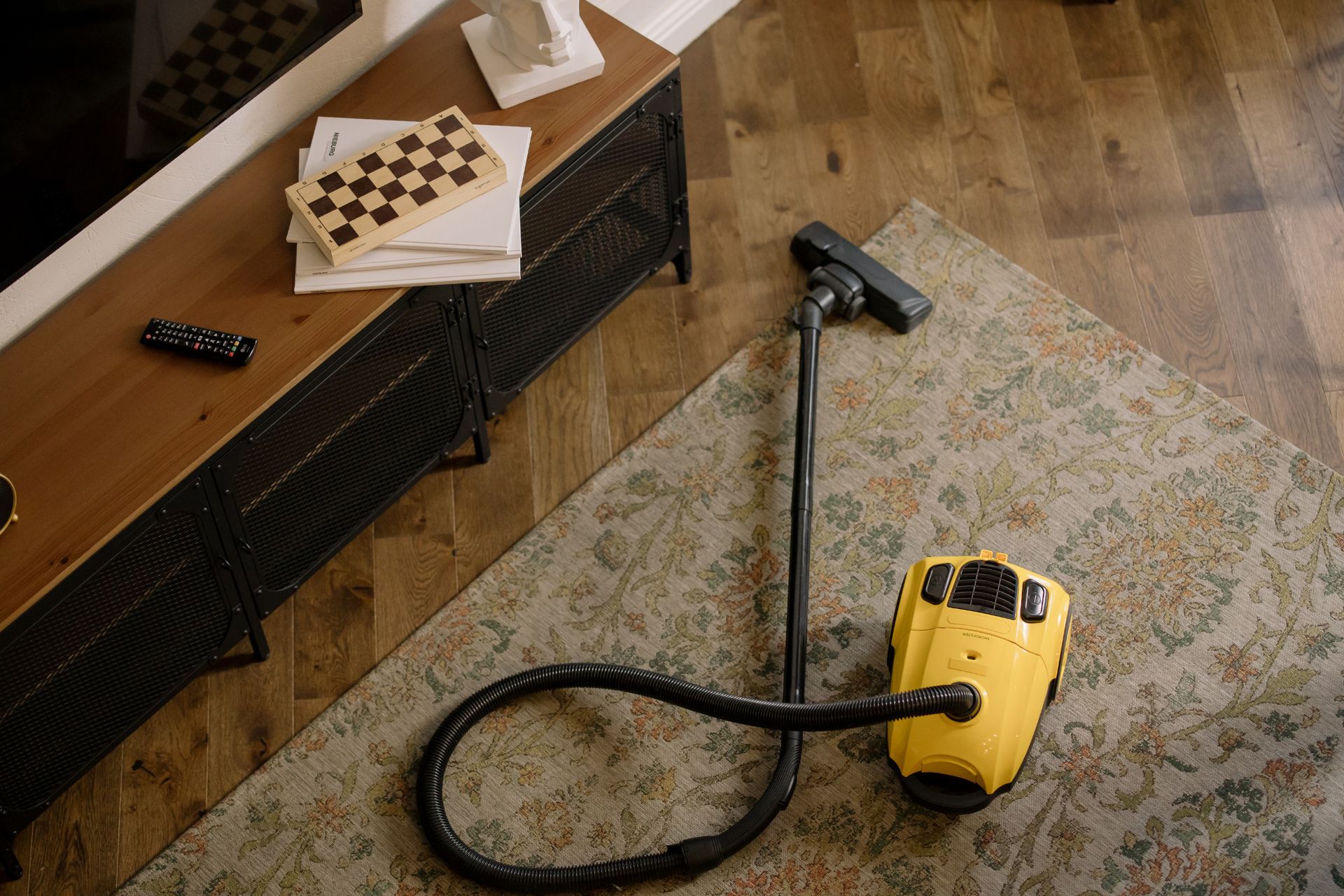Introduction: How Long Do Vacuums Last?
If you’ve ever asked yourself, “How long do vacuums last?”, you’re not alone. Vacuums are one of the most essential household tools, keeping floors clean and indoor air healthier. Yet, like any appliance, they don’t last forever. The average vacuum lifespan depends on the type, how often you use it, the brand, and how well it’s maintained. In this guide, we’ll explore the average lifespan of vacuums, what factors influence their durability, and how you can extend the life of your machine.

Average Lifespan of Vacuums
So, how long do vacuums last on average? Most vacuums last between 5 to 10 years, but this depends on the type and usage.
- Upright vacuums: 7–8 years
- Canister vacuums: 8–10 years
- Stick vacuums: 3–5 years
- Robot vacuums: 4–6 years
- Handheld vacuums: 2–4 years
Premium brands often last longer, while budget models may wear out faster.
Factors That Affect How Long Vacuums Last
1. Frequency of Use
A vacuum used daily will wear out faster than one used once a week.
2. Type of Flooring
Carpet-heavy homes require more intense vacuuming, reducing lifespan compared to homes with mostly hardwood or tile.
3. Maintenance Habits
Not cleaning filters, ignoring clogs, and skipping bag replacements can shorten vacuum life dramatically.
4. Build Quality
High-end vacuums like Dyson, Miele, or Shark usually last longer due to durable parts.
5. Storage Conditions
Keeping your vacuum in a clean, dry environment prevents premature wear and damage.
How Long Do Upright Vacuums Last?
Upright vacuums are the most common household style. How long do vacuums last in this category? Usually 7–8 years.
Tips to Extend Lifespan:
- Empty bags or bins before they’re too full.
- Clean roller brushes to prevent motor strain.
- Store upright to avoid bending hoses.
How Long Do Canister Vacuums Last?
Canister models are known for durability. On average, they last 8–10 years.
Why They Last Longer:
- Stronger motors.
- Flexible design for multiple surfaces.
- Better airflow compared to uprights.
How Long Do Stick Vacuums Last?
Stick vacuums are lightweight and convenient but have shorter lifespans—3–5 years.
Factors Limiting Lifespan:
- Smaller batteries degrade faster.
- Lightweight motors wear quickly.
- Frequent charging reduces battery health.
How Long Do Robot Vacuums Last?
Robot vacuums typically last 4–6 years, depending on the brand and battery health.
Maintenance Needed:
- Regularly clean sensors.
- Replace brushes and filters.
- Update software if supported.
How Long Do Handheld Vacuums Last?
Handheld vacuums are designed for quick cleanups and usually last 2–4 years.
Maintenance:
- Empty dust cups after each use.
- Avoid overcharging batteries.
- Clean filters frequently.
Signs Your Vacuum Is Reaching the End of Its Life
Knowing how long do vacuums last also means recognizing when it’s time to replace one.
- Loss of suction even after cleaning.
- Burning smell or overheating.
- Strange noises from the motor.
- Repeated costly repairs.
- Cracked or broken body parts.
How to Make Your Vacuum Last Longer
If you want to extend vacuum lifespan beyond the average, try these steps:
- Clean or replace filters monthly.
- Check hoses for clogs and damage.
- Avoid overfilling dust bags or bins.
- Store your vacuum properly.
- Schedule annual deep maintenance.
Do Expensive Vacuums Last Longer?
Yes, in many cases. High-end vacuums like Miele and Dyson can last 10–15 years with proper care, while budget models may only last 3–5 years. However, regular maintenance is still crucial regardless of price.
Repair or Replace: Which Is Better?
Sometimes, instead of asking how long do vacuums last, the real question is whether to repair or replace.
- Repair if: Minor issues like clogged hoses or worn belts.
- Replace if: Motor failure, cracked housing, or repairs cost more than half the price of a new vacuum.
FAQs: How Long Do Vacuums Last?
- What’s the longest a vacuum can last?
With proper care, some vacuums can last 15–20 years. - Do bagless vacuums last longer than bagged ones?
Not necessarily. Lifespan depends more on maintenance than design. - How often should I replace filters?
Every 6–12 months, or more often for HEPA filters. - Does vacuuming pet hair shorten lifespan?
Yes, pet hair clogs filters and hoses faster, requiring more frequent maintenance. - Can I extend battery life in cordless vacuums?
Yes, avoid overcharging and store batteries in a cool, dry place.
Conclusion: How Long Do Vacuums Last?
So, how long do vacuums last? The answer depends on the type of vacuum, frequency of use, and how well it’s maintained. On average, vacuums last between 5–10 years, with canister and upright models offering the longest lifespans, while handheld and stick vacuums have shorter durability. By practicing good maintenance—cleaning filters, emptying bags, and inspecting parts—you can significantly extend your vacuum’s lifespan and avoid early replacements.
